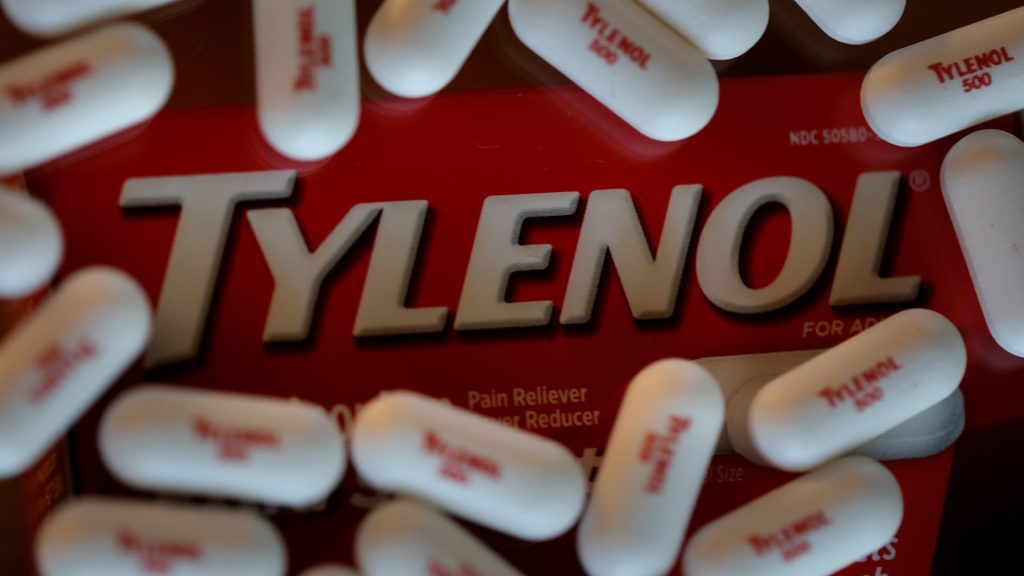Trump warns Tylenol causes autism; research shows no causal tie

President Donald Trump on Monday urged pregnant women to avoid acetaminophen, the active ingredient in Tylenol, citing a possible link to autism. According to Nature, the Food and Drug Administration followed by announcing new warning labels noting a “possible association” between acetaminophen use in pregnancy and autism.
“Don’t take Tylenol, don’t take it,” Trump said repeatedly during a White House briefing, adding, “Fight like hell not to take it.” He claimed there was “no downside” to avoiding the drug unless a fever was high or symptoms felt intolerable.
What the science shows
Acetaminophen is one of the most commonly used pain relievers worldwide and has long been considered safe during pregnancy. But recent studies have fueled debate.
A 2025 review by researchers at Mount Sinai and Harvard examined 46 studies, finding 27 that reported an association between acetaminophen use in pregnancy and increased risk of autism or ADHD. Others found no link or even protective effects. Lead author Diddier Prada stressed the difference between correlation and causation.
“We show that acetaminophen is associated with a higher risk,” Prada told The Washington Post, “but not causing it. Those are very different things.”
Other large-scale studies have found no connection. A 2024 JAMA study of nearly 2.5 million Swedish children concluded that statistical associations disappeared when comparing siblings exposed and unexposed to the drug.
“This sibling analysis indicated that the statistical association … was attributable to other factors,” Drexel University co-author Brian Lee said.
Pushback from doctors
Medical experts say Trump’s comments oversimplify a complex and unsettled issue.
“There is no definitive evidence to suggest that paracetamol use in mothers is a cause of autism,” James Cusack, head of the U.K. charity Autistica, said.
The American College of Obstetricians and Gynecologists called suggestions of a link “highly concerning” and “irresponsible,” given the risks of untreated fevers in pregnancy. Cynthia Gyamfi-Bannerman, professor of maternal-fetal medicine at UC San Diego, warned, “If you don’t take Tylenol when you have a fever, especially in the first trimester, we know that is detrimental to the fetus.”
What health agencies and drugmakers stand
The FDA has advised clinicians that while no causal link has been proven, pregnant patients should minimize routine use for low-grade fevers. The Centers for Disease Control and Prevention continues to list acetaminophen as an option for children and pregnant people under medical guidance.
Tylenol’s manufacturer, Kenvue, strongly disputed the administration’s claims. Company officials said, “We believe independent, sound science clearly shows that taking acetaminophen does not cause autism.” The company added that more than a decade of research supports its safety and criticized suggestions otherwise as dangerous for expectant mothers.
What’s next
The debate comes amid rising autism diagnoses — now 1 in 31 U.S. children, according to the CDC. Yale epidemiologist Zeyan Liew stressed that “we do not know yet for sure whether Tylenol causes autism” and urged balanced communication. He advised using the “lowest effective dose and duration” under a doctor’s guidance.
For now, most clinicians continue to view acetaminophen as the safest widely available option for pregnant patients but emphasize the importance of individualized medical advice.
The post Trump warns Tylenol causes autism; research shows no causal tie appeared first on Straight Arrow News.





